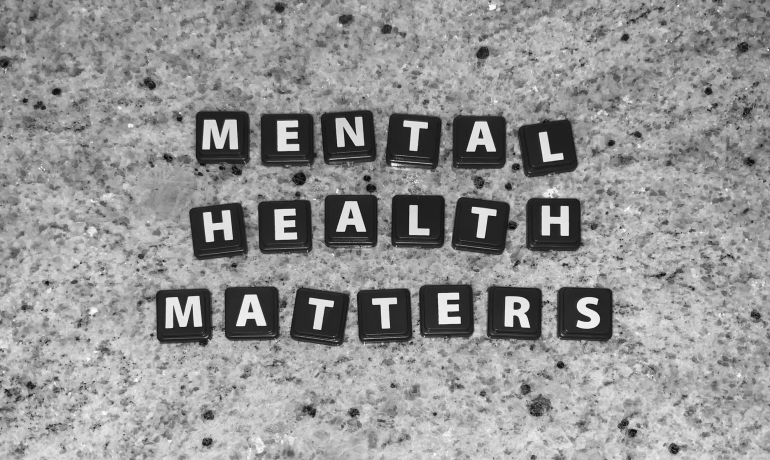Mental health problems on the rise
The rise of mental health problems in the UK is a time bomb that has long been ticking according to many sources – and it appears now to have exploded.
The painful strain on the general public throughout the Covid-19 pandemic appears to be the cause and new research has shown that mental health referrals hit record numbers in 2021.
The data sourced from NHS Digital and analysed by the Royal College of Psychiatrists found that there were 3.3 million adult mental health referrals and 1.025 million referrals for under 18’s in England between January to December 2021, that’s in excess of 4.3 million. In 2019 the total number of referrals was 3.7 million.
In December last year, at the time the Omicron variant of Covid-19 was prevalent, more than one million people were receiving specialist mental health treatment for problems around anxiety, depression, eating disorders, post-traumatic stress disorder and addiction. This contributed to 1.8 million consultations in the mental health referral process in that month alone. What’s more, some 425,963 children were in contact with mental health services in December 2021 compared with 367,403 two years earlier.
The Royal College of Psychiatrists actually described the situation as “biggest hit to its [UK] mental health in generations” and called for action from the Government. The College said that without a fully funded plan for mental health services then thousands of people will be “left waiting far too long for the treatment they need”.
In response to the research a spokesperson for the Department for Health and Social Care said:
We are committed to ensuring everyone is able to access the help and advice they need, which is why we are investing an additional £2.3 billion a year into mental health services by 2023/24, on top of the £500 million we have made available to address the impact of the pandemic.”
Covid-19 effect
A study in The Lancet has also revealed that people who suffer from severe Covid-19 symptoms are more likely to have long-term mental health problems. It reports that higher rates of depression and anxiety have been found in people who were “bedridden” with Covid-19 for more than seven days in 2021.
Scientists, drawing on data from nearly 250,000 people across Europe found that people with coronavirus who were not admitted to hospital were more likely to experience symptoms of depression up to 16 months after diagnosis, compared to those never infected.
And it gets worse. The cost of living crisis has exacerbated the situation – it’s well accepted that mental health can change depending on financial situations – meanwhile throw in Russia’s invasion of Ukraine for increased anxiety.
Recent online research by YouGov for Rethink Mental Illness reveals that mental health has worsened since start of year when the nation was in the midst of the Omicron wave and restrictions were in place. The charity found than one quarter of UK adults (29%) are reporting that their mental health is now worse compared to the start of the year, contrasted against 21% who said that it was better.
It just goes to show that ensuring good mental health presents one of the greatest challenges to society today. There are an estimated 450 million plus people worldwide suffering from a mental health problem, and a quarter of British adults will experience some form of mental health problem within the course of a year. While many elements of mental health are still not understood, having a good knowledge of the information that is available is essential in the care sector. That is what this Asset Training Distance Learning course aims to provide.
What you will learn
Through Asset Training, you will develop understanding across a range of mental health conditions from stress and anxiety to dementia and eating disorders. In so doing you will be become part of the mental health fightback.
The benefits to you are multiple. You will be able to achieve a nationally recognised Level 2 qualification as well as further your personal and professional development. You will gain a clear understanding of mental health legislation alongside an increased understanding of symptoms and management of stress, anxiety, depression, several disorders and phobias and in so doing be a real asset in your place of work, your community and society in general.
It seems it’s never been needed more.

